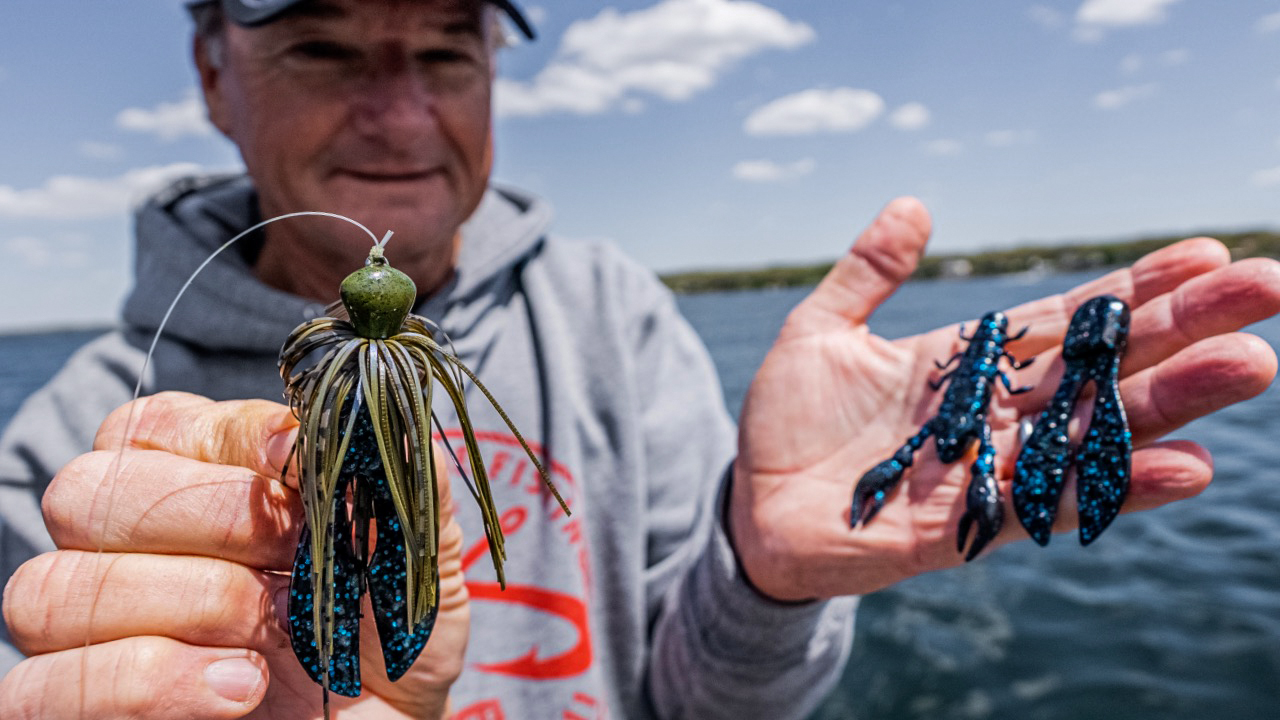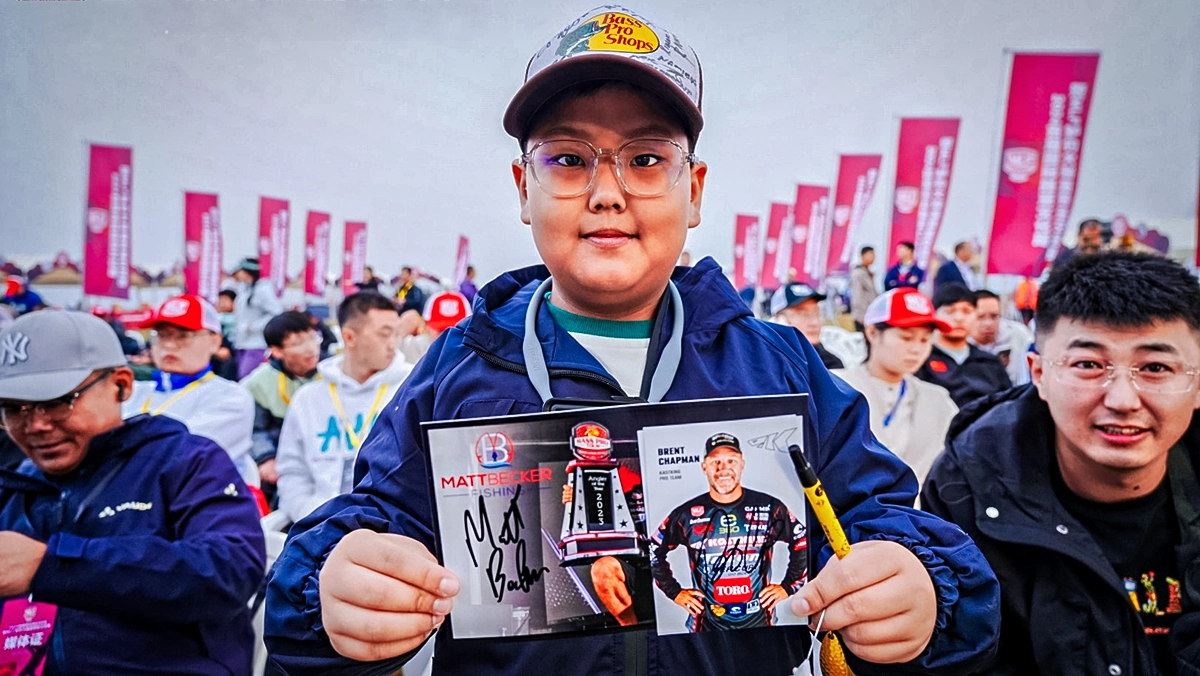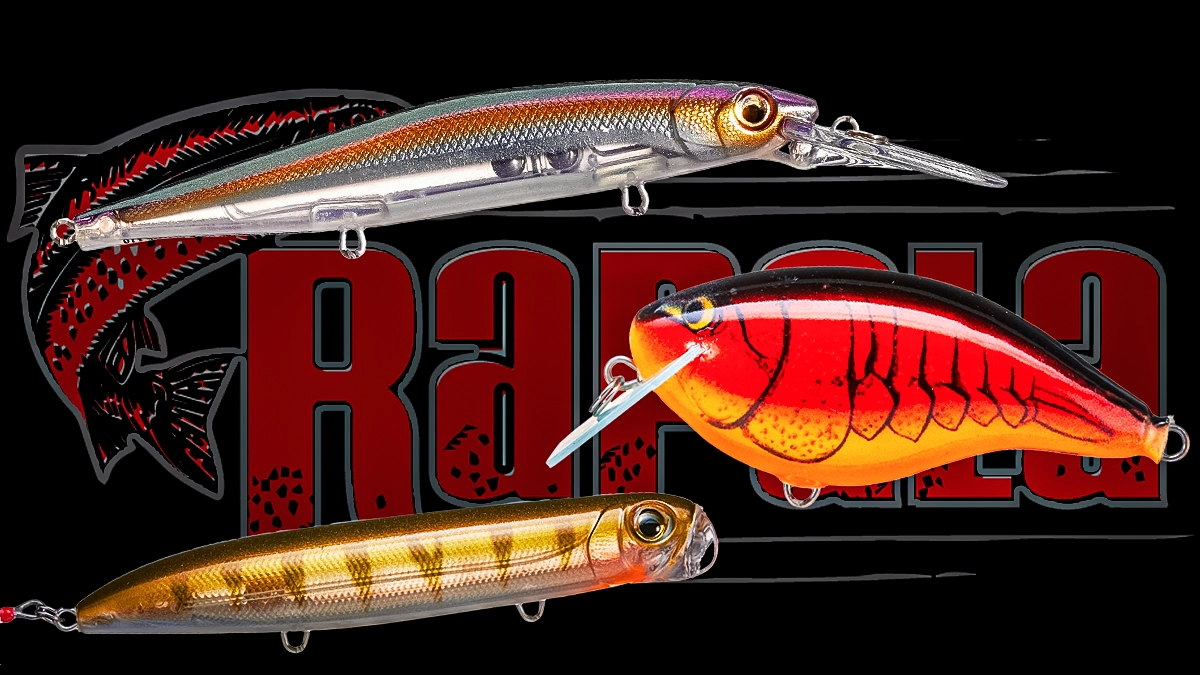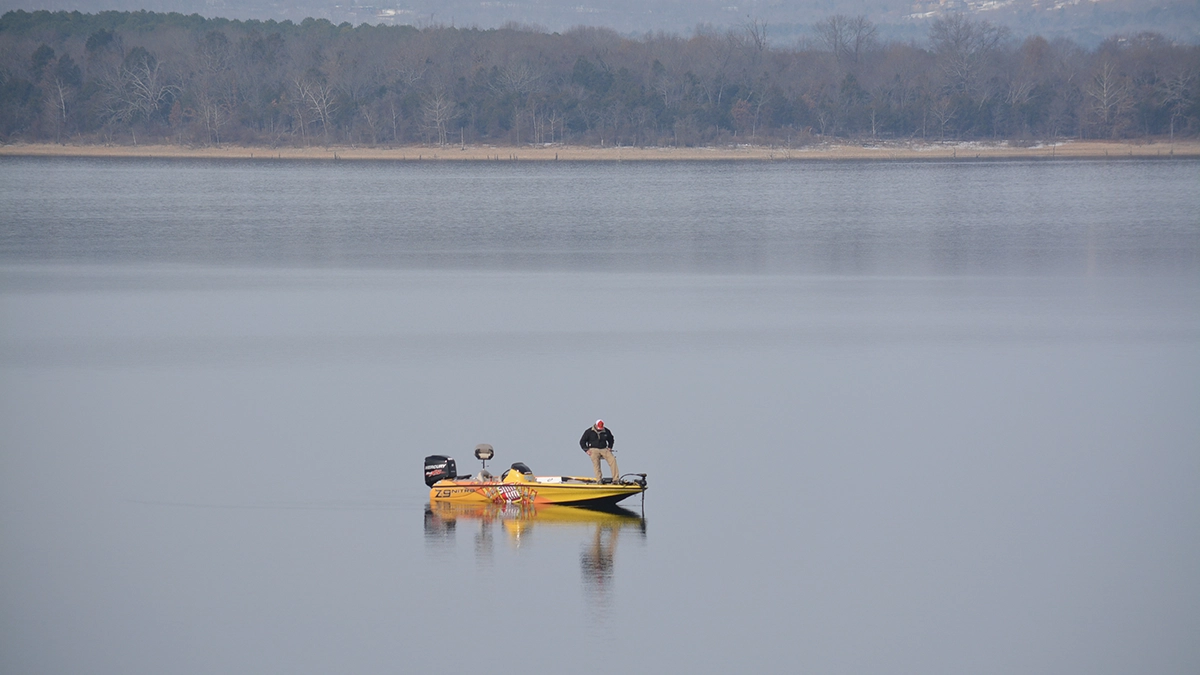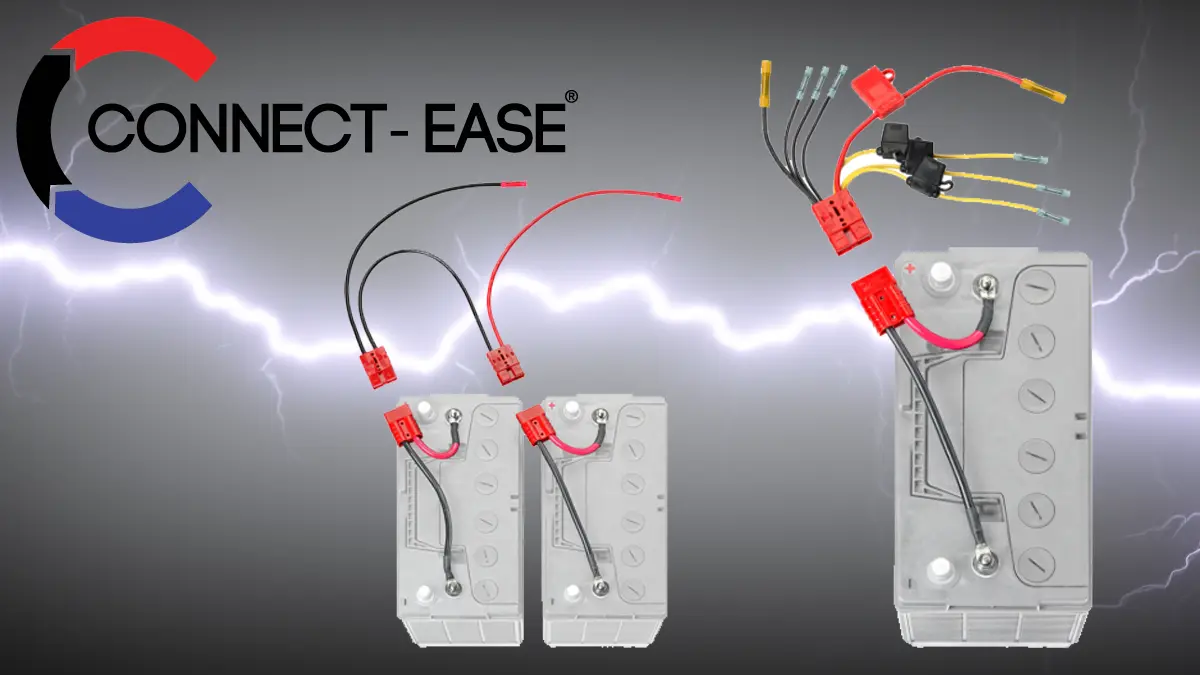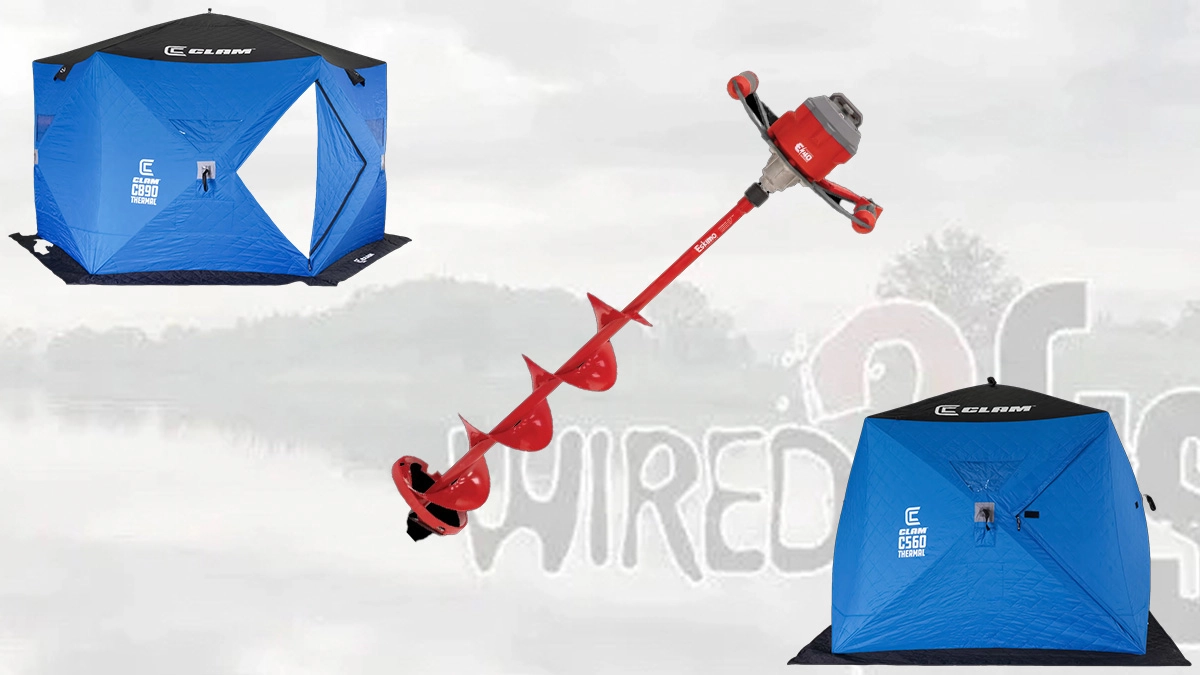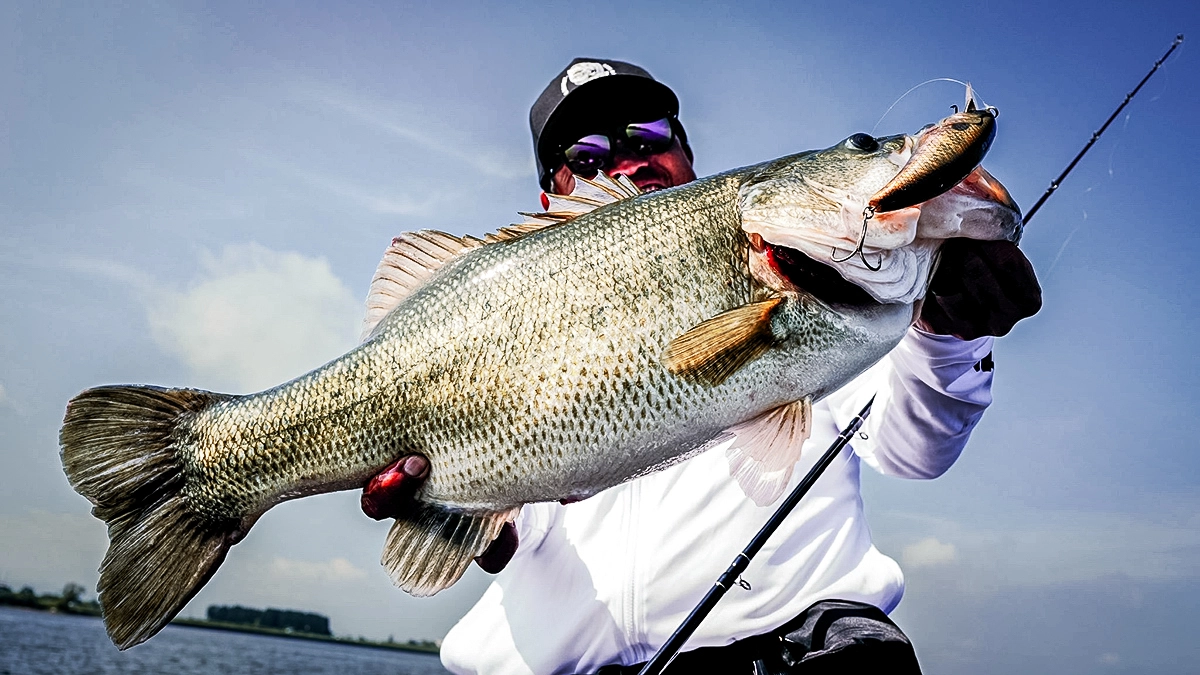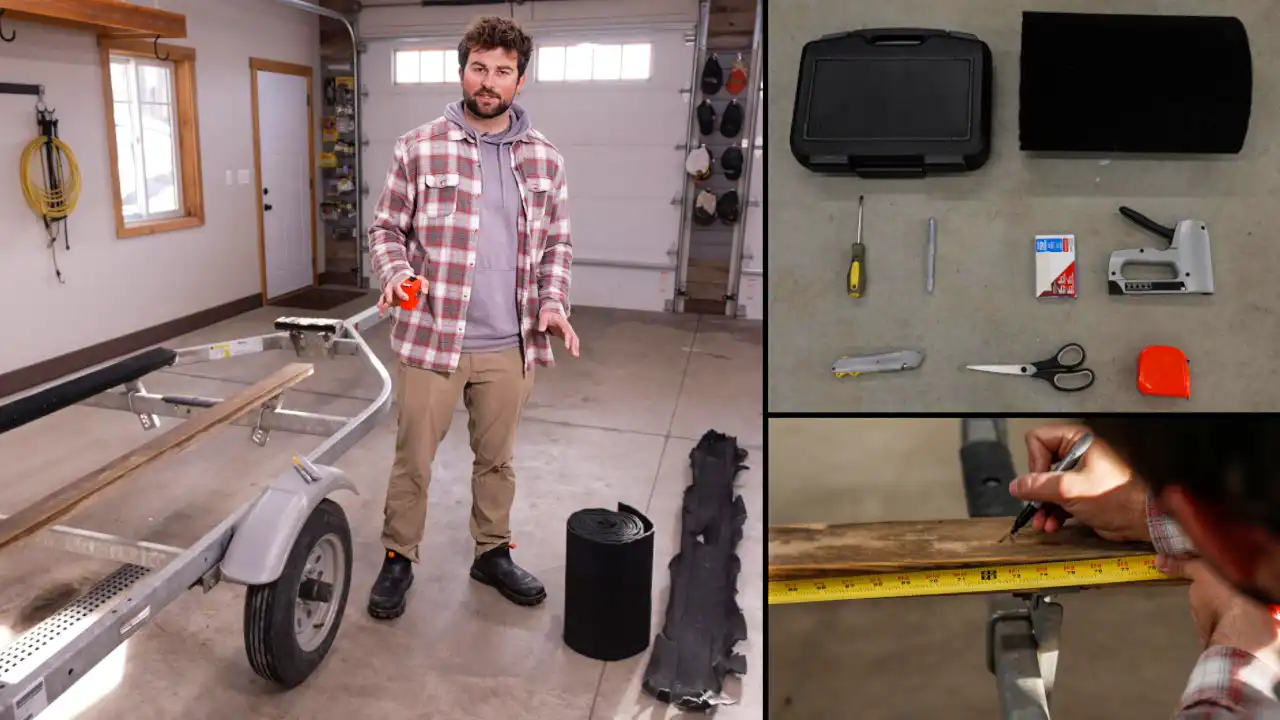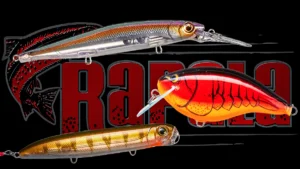Pro bass angler Gary Klein is both a jig fishing expert and jig designer, builder, and tweaker. We caught up with him for a breakdown on choosing jigs and soft plastic trailers pairings for maximum skipping efficiency, be it under docks or in open water scenarios.
TACKLE USED
- JIG – Berkley PowerBait Skippin’ Jig
TRAILERS - Berkley PowerBait Meaty Chunk
- Berkley PowerBait The Champ Craw
- Berkley PowerBait Bunker Hawg
- LINE – Berkley Trilene XT, 17- or 20-pound
Becoming a proficient jig skipper takes a lot of practice, but the benefits are significant. Skipping allows you to get jigs deeper into shaded areas and even to trigger more bites in open water where the surface disturbance is a trigger. Klein discusses the essential jig attributes to consider when choosing the optimal jig and trailer pairing.
Klein’s 6 Tips to Jig Skipping Sucess:
- Choose jigs with a flat head. While you can skip just about any jig, it’s easier to skip jigs with a flattened head design. Like a skipping rock, less water resistance helps maintain jig velocity and floatation to further the skip.
- Select trailers with a flattened body. Klein strives to create a compact and inline jig package to improve skipping distance through reduced drag. Be sure to rig them with the flat side down!
- Use a flat-bodied flapping trailer when you want a vertical fall. Appendages like alternating craws add drag, thus stabilizing and delivering the jig straight down on the fall — this is a plus when there’s a target such as a brush pile or when bass are positioned on vertical cover.
- Pick a flat-bodied chunk if you want the jig to glide on the fall. A flat trailer with minimal appendage action tends to drift more on the fall, a plus for getting the bait deeper into the cover or when bass prefer an erratic action.
- Keep your jig skirts full and bulky. While a fuller body increases drag, it also enhances floatation, which keeps the jig on the surface longer.
- Use monofilament line over fluorocarbon. When learning to skip, use a monofilament line in 17- or 20-pound test. Nylon monofilament is soft and supple, translating to forgiveness and less backlashing.


